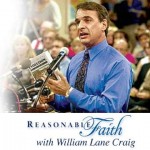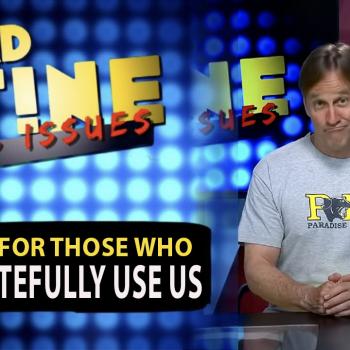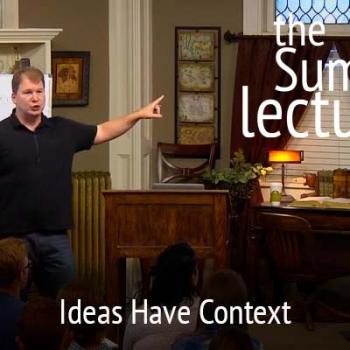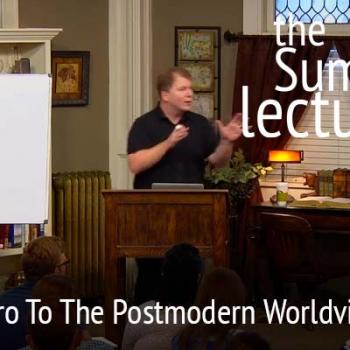
Everyone has an intricate belief system that takes some kind of faith and leads us to worship. Each belief system, whether secular or religious, is rooted in some kind of narrative or story that ends up forming a person’s core values, goals, and habits. As we have seen in previous episodes, all of these things are bound together. The same is true with the Christian story and how we relate the drama to the doctrines and worship we derive from it.
How should we respond to the announcement of God’s redemptive mission to seek and save the lost, or to the doctrinal implications of Christ’s atoning death and his resurrection from the dead? On this program, the hosts will move from the drama and the doctrine to a discussion of doxology, or worship. What is the appropriate response to the good news of the gospel, and what patterns of living should flow out of an understanding of God’s grace in Christ? As with doctrine, we cannot escape worship. The question is to whom or to what we will be devoted. We’re talking about “Finding Yourself in God’s Story” on this episode of the White Horse Inn.
“Too often in churches this basic biblical drama and its doctrines are assumed. Or they’re turned into a story about us with the supporting role for God, but we’re the star and author of the play. It’s all about how you can have your best life now and if God fits into that, so much the better. Our drama, doctrines, doxology and discipleship, even as believers, are increasingly determined by a human-centered culture.
“First, we need to be immersed once again in the amazing drama of the Bible, its Christ-centered plotline from Genesis to Revelation. Second, we need to see the connections to the doctrines that actually tell us what the drama means for us here and now. Third, we need to step into the story ourselves. Some believers are richly fed each week by a steady diet of the biblical drama as the story of God sitting purposes in Christ unfold before them. Some even connect the doctrinal dots. They know what they believe in and why they believe it. But they’re still in the stands, fans rather than participants. They’ve never been gripped by the ‘So what?’ – the implications of the drama and the doctrines that would lead them to join in this parade of thanksgiving. Scripture itself connects doctrine and worship in our lives so that we can take our place in the royal procession to Zion!.” – Michael Horton
Term to Learn:
“Church as Counter-Culture”
“Cultures enact and uphold certain ritual practices that act as liturgical formations of identity through imaginative means. Such ritual forces of culture are not satisfied with being merely mundane; embedded in them is a sense of what ultimately matters (compare Phil. 1:10). ‘Secular’ liturgies are fundamentally formative, and implicit in them is a vision of the kingdom that needs to be discerned and evaluated. From the perspective of Christian faith, these secular liturgies will often constitute mis-formation of our desires – aiming our heart away from the Creator to some aspect of the creation as if it were God. Secular liturgies capture our hearts by capturing our imaginations and drawing us into ritual practices that ‘teach’ us to love something very different from the kingdom of God.
“By the same token, Christian worship needs to be intentionally liturgical, formative, and pedagogical in order to counter such mis-formation and misdirections. While the practices of Christian worship are best understood as the restoration of an original, creational desire for God, practically speaking, Christian worship functions as a counter-reformation to the mis-formation of secular liturgies into which we are ‘thrown’ from an early age. We must learn to consider Christian education (and worship) as a counter-pedagogy of desire.”
(Adapted from James K.A. Smith, “Love Takes Practice” in Desiring the Kingdom, p. 88)
(This podcast is by White Horse Inn. Discovered by e2 media network and our community — copyright is owned by the publisher, not e2 media network, and audio is streamed directly from their servers.)













